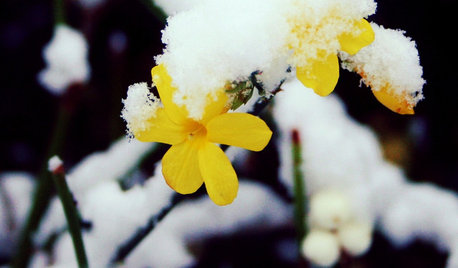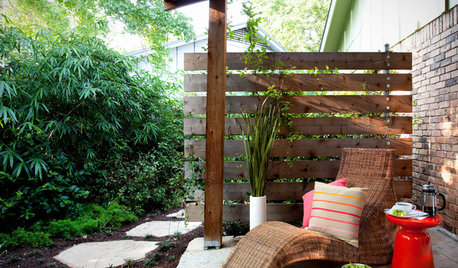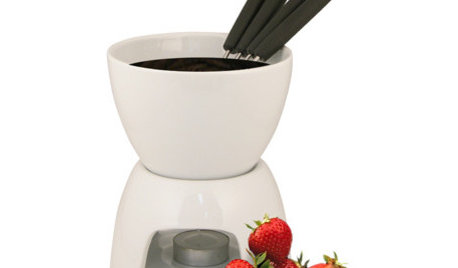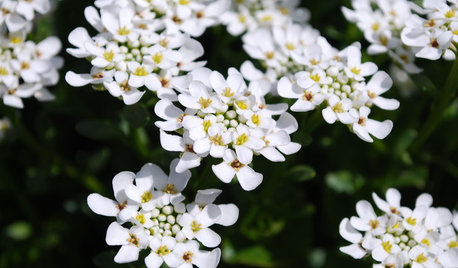Best winter cover for my compost
m_lorne
14 years ago
Related Stories

GARDENING GUIDESGet on a Composting Kick (Hello, Free Fertilizer!)
Quit shelling out for pricey substitutes that aren’t even as good. Here’s how to give your soil the best while lightening your trash load
Full Story
GARDENING GUIDESGarden Myths to Debunk as You Dig This Fall and Rest Over Winter
Termites hate wood mulch, don’t amend soil for trees, avoid gravel in planters — and more nuggets of garden wisdom
Full Story
YELLOW FLOWERSGreat Design Plant: Winter Jasmine Gladdens Snowy Gardens
Sunny yellow flowers defy the frost, bringing cheer to the garden on gray days
Full Story
HOUSEPLANTSHow to Force Amaryllis Bulbs Indoors
Enjoy vibrant red blossoms even as gardens turn snowy white, by teaching this hardy repeat performer to ignore the calendar
Full Story
ENTERTAININGBeat Winter's Chill With an Indoor Picnic
Build warm memories with loved ones by bringing lighthearted outdoor dining to your living room
Full Story
GARDENING AND LANDSCAPINGFall Checklist: 8 Ways to Winterize Your Patio
See how to get your deck or patio ready for cold, wet weather — and keep things in good shape for next spring
Full Story
LANDSCAPE DESIGNThe Best Winter Garden Project? Plan for Next Year
Consider these 9 ideas now for a highly personal, truly enjoyable garden come spring
Full Story
Guest Picks: Winter (Yes, Winter) Warmers
For folks in the Southern Hemisphere, July is right in the heart of winter. Warm up with 20 ways to make your home as cozy as can be
Full Story
LIFESimple Pleasures: A Long Winter’s Nap
This time of year we can always use a little extra rest. Make it easy with these ideas for daytime napping
Full Story
GROUND COVERSGreat Design Plant: Evergreen Candytuft for Glossy Winter Foliage
Keep your garden green through frosty days with this woody subshrub — then delight in sparkling white flowers come spring
Full StoryMore Discussions







organicdan
joepyeweed
Related Professionals
Maple Valley Landscape Architects & Landscape Designers · Severn Landscape Architects & Landscape Designers · Bridgeport Landscape Contractors · Cerritos Landscape Contractors · Conroe Landscape Contractors · East Patchogue Landscape Contractors · Elmhurst Landscape Contractors · Metairie Landscape Contractors · North Lauderdale Landscape Contractors · Pahrump Landscape Contractors · Pleasant Prairie Landscape Contractors · Streamwood Landscape Contractors · Waterford Landscape Contractors · Markham Landscape Contractors · Fort Pierce Decks, Patios & Outdoor EnclosuresKimmsr
joepyeweed
m_lorneOriginal Author
joepyeweed
catherine_nm
m_lorneOriginal Author
Lloyd
joepyeweed
greengardener07